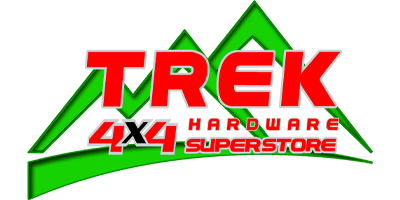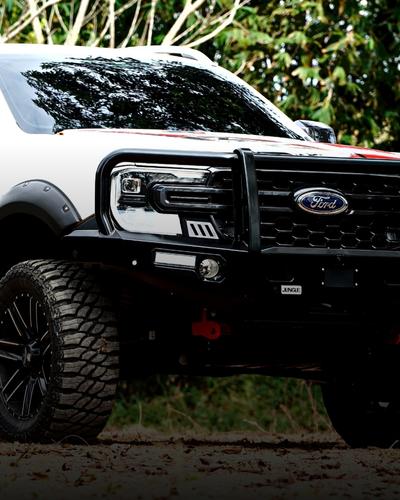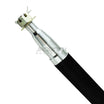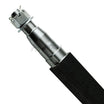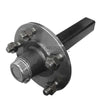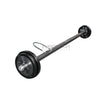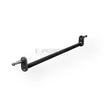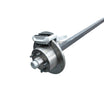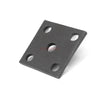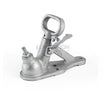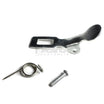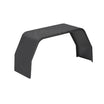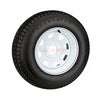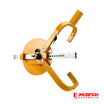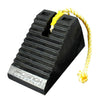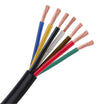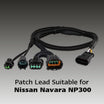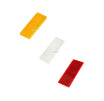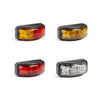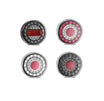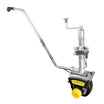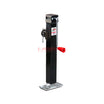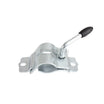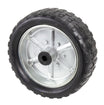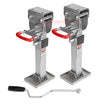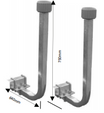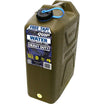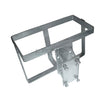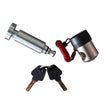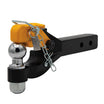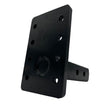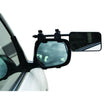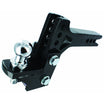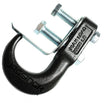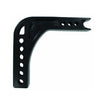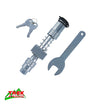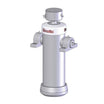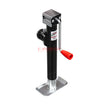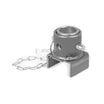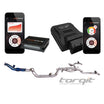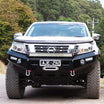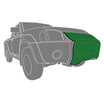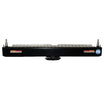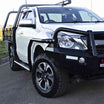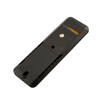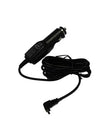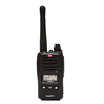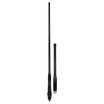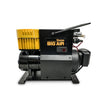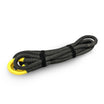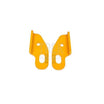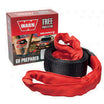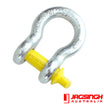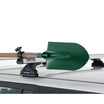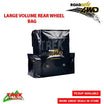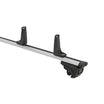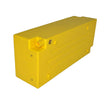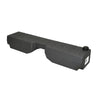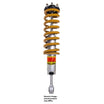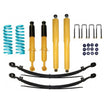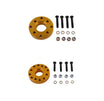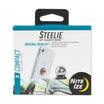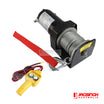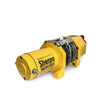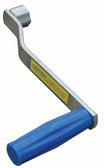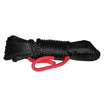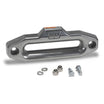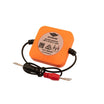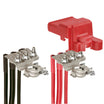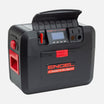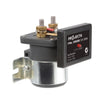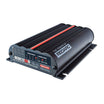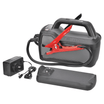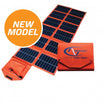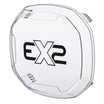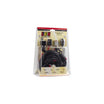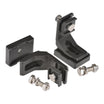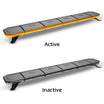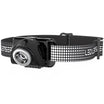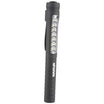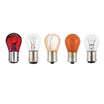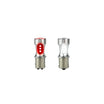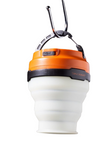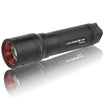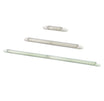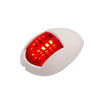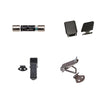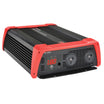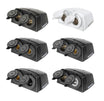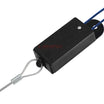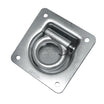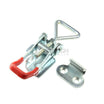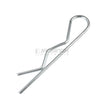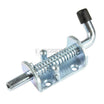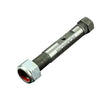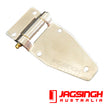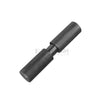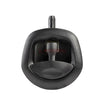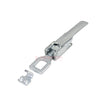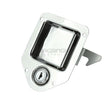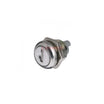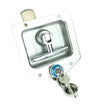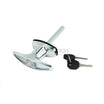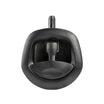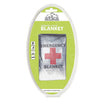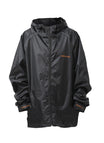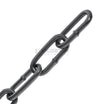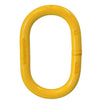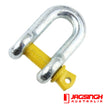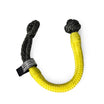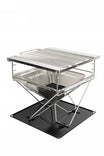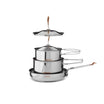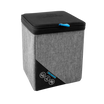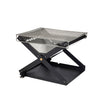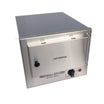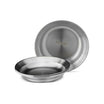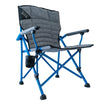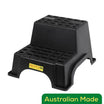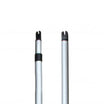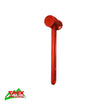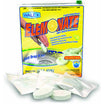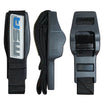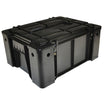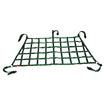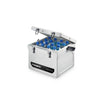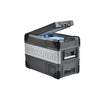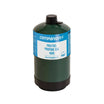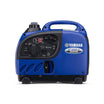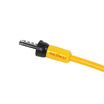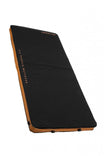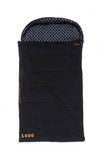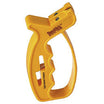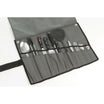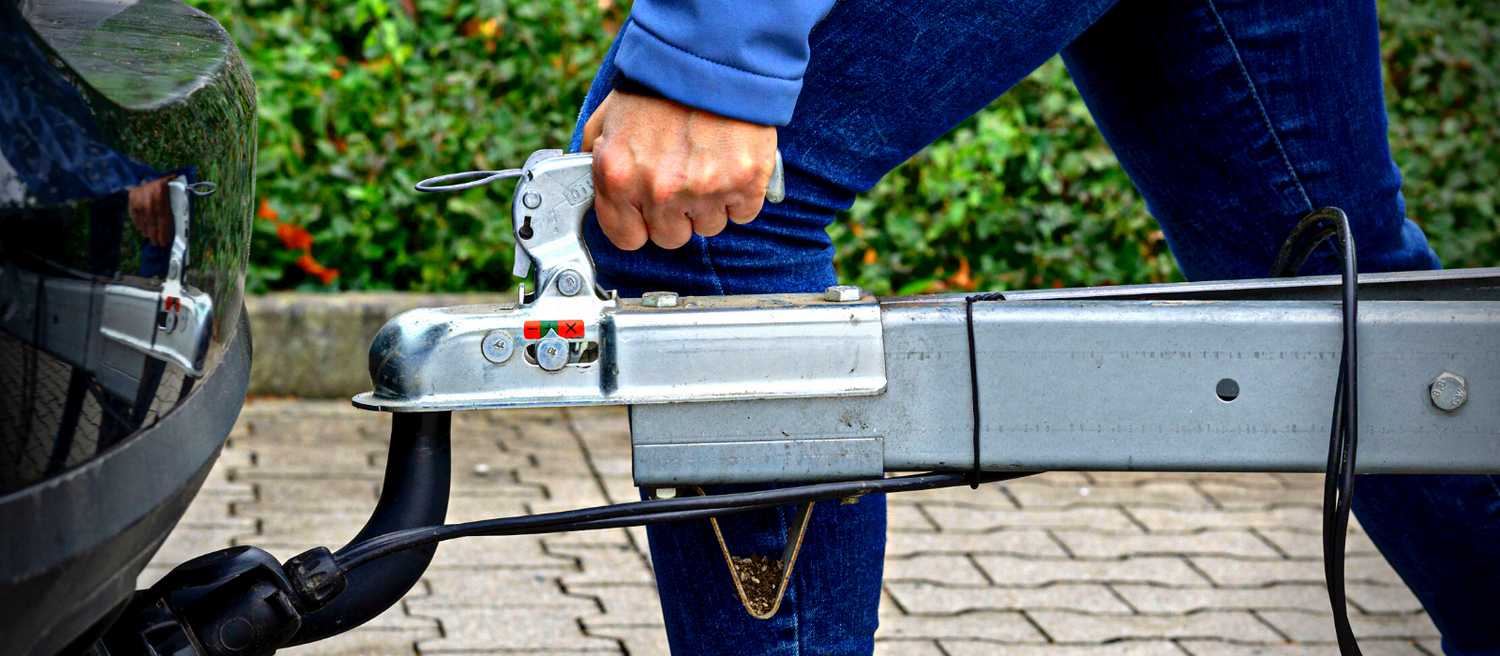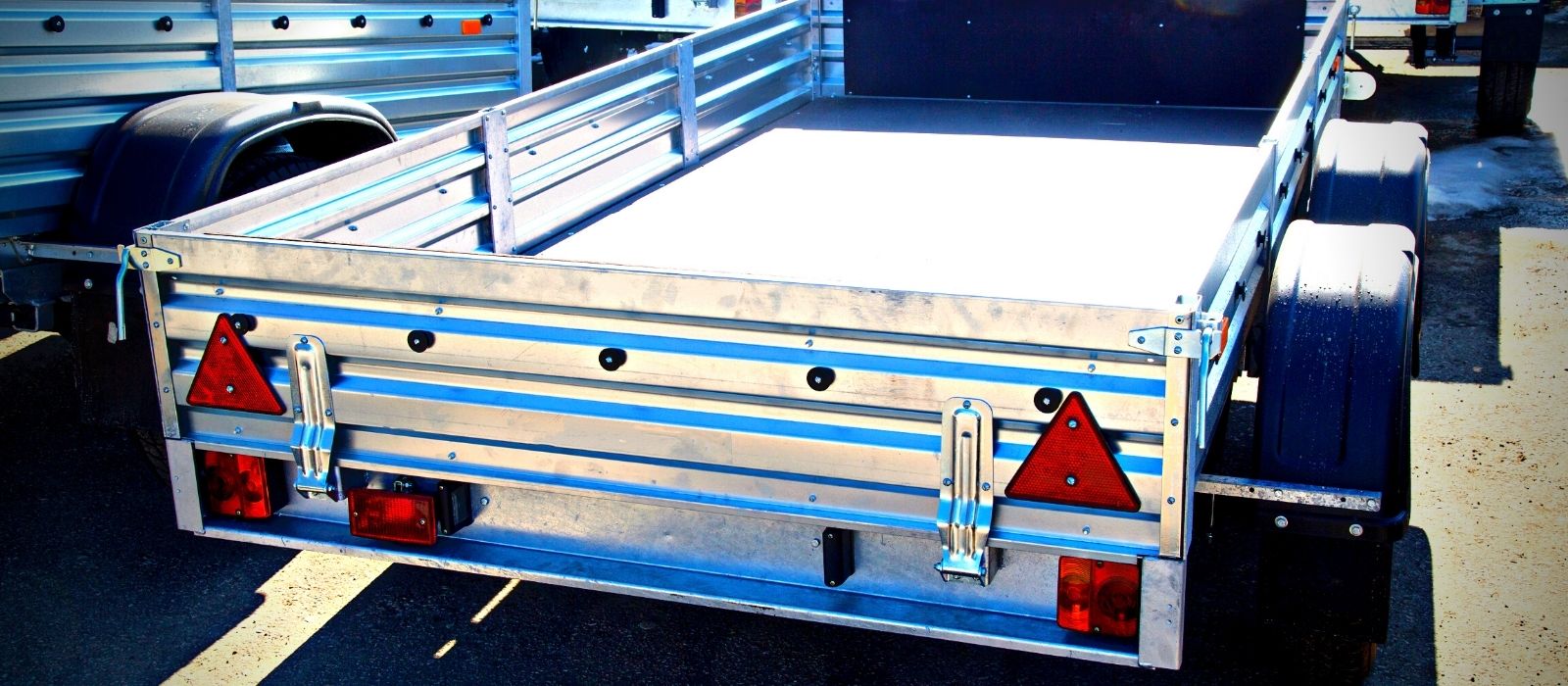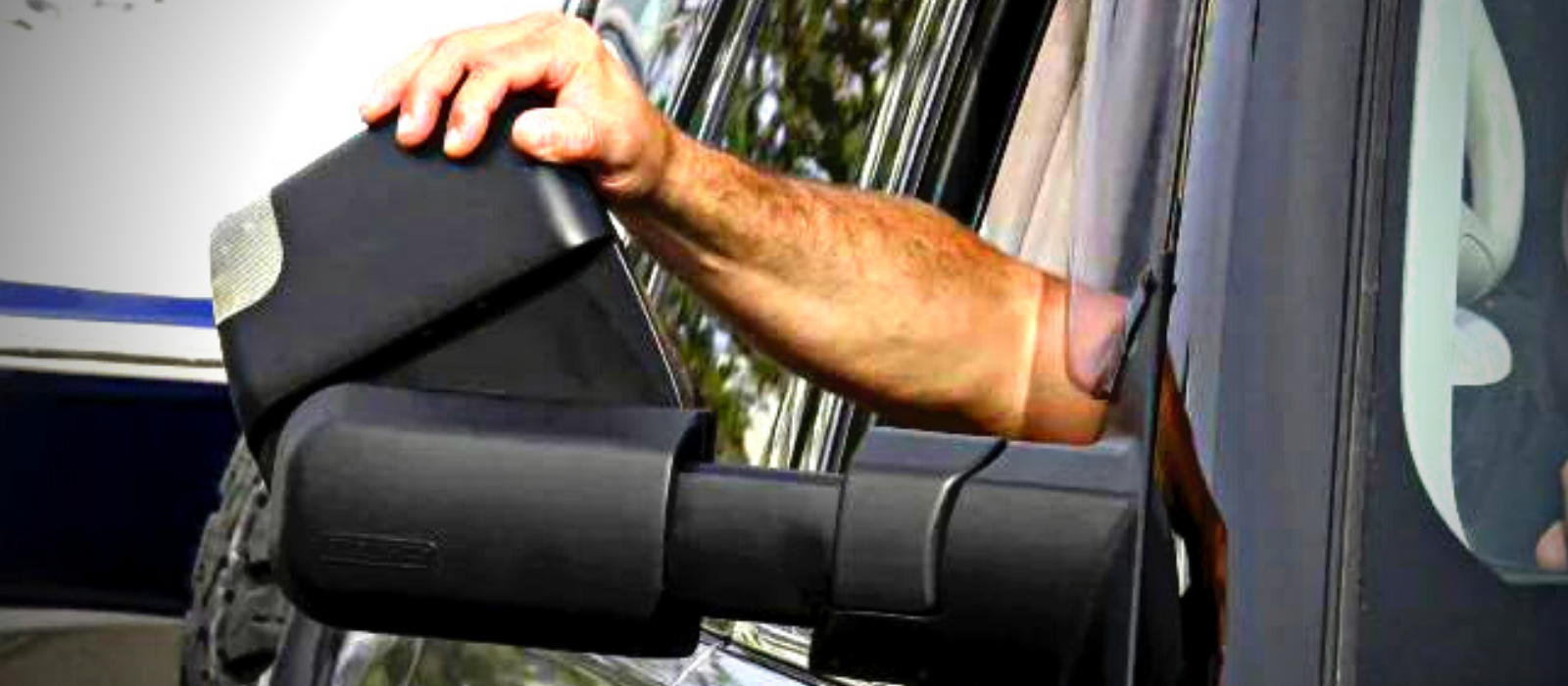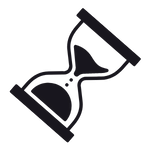Trailer parts are essential components that help keep your trailer running smoothly and safely on the road.
In this blog post, we will take a comprehensive look at trailer parts and the importance of maintaining and replacing them for the safe operation of your trailer. Whether you're hauling a boat, a horse trailer, or a utility trailer, it's essential to understand the specific needs of your trailer and the proper maintenance and replacement procedures for its parts. We will also cover the different types of trailers and their specific needs for trailer parts, and the role of trailer parts in supporting the weight, providing stability, and ensuring proper functionality of your trailer.
Here is what to expect from this blog in Bullet Points:
The Axle: The Heart of Your Trailer
-
The role of the axle in supporting the weight of the trailer
-
Signs that the axle needs to be serviced or replaced
-
The different types of axles and their specific uses
Suspension System: Keeping Your Trailer Riding Smoothly
-
The importance of maintaining the suspension system
-
The components of the suspension system (leaf spring, shocks, bushings)
-
Signs that the suspension system needs to be serviced or replaced
-
The different types of suspension systems (leaf spring and torsion) and their specific uses
Jockey Wheels & Stands: Essential for Maneuvering and Storing Your Trailer
-
The role of jockey wheels and stands in maneuvering and storing your trailer
-
The different types of jockey wheels and stands available and their specific uses
-
Signs that your jockey wheel or stand needs to be inspected or replaced
-
How to properly maintain and adjust your jockey wheel and stand
Coupler: Connecting Your Trailer to Your Tow Vehicle
-
The role of the coupling in connecting the trailer to the tow vehicle
-
The different types of couplings (e.g. ball and pintle) and their specific uses
-
Signs that the coupler needs to be inspected or replaced
-
How to properly maintain and adjust the coupler
Brakes: Essential for Safe Stopping
-
The importance of proper brake maintenance
-
Common issues with trailer brakes and how to fix them
-
Electric vs. hydraulic brakes: which one is best for your trailer?
Hitches: Keeping Your Trailer Stable on the Road
-
The different types of hitches and their uses
-
Signs that the hitch needs to be inspected or replaced
-
How to properly maintain and adjust your hitch
Wheels, Tires, and Mudguards: Keeping Your Trailer Rolling and Protected
-
The importance of regular maintenance for wheels, tires, and mudguards
-
The different types of wheels and tires available and their specific uses
-
The role of mudguards in protecting your trailer and other vehicles from debris and road spray
-
Signs that your wheels, tires, or mudguards need to be inspected or replaced
-
How to properly inflate and check the tread on your tires, maintain and clean your wheels and mudguards
Lights and Reflectors: Maintaining Visibility on the Road
-
The importance of properly functioning lights and reflectors
-
Common issues with trailer lights and how to fix them
-
How to properly align and maintain your trailer's lights and reflectors
Wiring: Ensuring Proper Trailer Functionality
-
The importance of proper wiring for trailer lights, brakes, and other functions
-
Common issues with trailer wiring and how to fix them
-
How to properly maintain and replace trailer wiring
-
The importance of using the correct wiring and connections for your specific trailer and tow vehicle
Conclusion
-
The importance of regularly inspecting and maintaining your trailer's parts
-
How to ensure that your trailer is safe and ready for any adventure.
The Axle: The Heart of Your Trailer
The axle is the part of the trailer that the wheels are mounted on and is responsible for supporting the weight of the trailer and its cargo. It's important to make sure that your axle is in good condition and properly aligned, as an improperly aligned axle can cause uneven wear on your tires and increase your fuel consumption. If you're experiencing issues with your trailer's handling or your tires are wearing unevenly, it's likely that your axle needs to be serviced or replaced.
There are different types of axles that are used on trailers such as the single axle and the tandem axle. A single axle is typically used on smaller trailers such as utility trailers and boat trailers while a tandem axle is often found on larger horse trailers and RVs. The tandem axle provides more stability and support for heavy loads.
Suspension System: Keeping Your Trailer Riding Smoothly
The suspension system of your trailer is responsible for providing a smooth ride for both the trailer and the tow vehicle, by absorbing the bumps and vibrations from the road. Regular maintenance of your suspension system can help ensure that your trailer is running smoothly and safely on the road.
The suspension system includes the leaf spring, shocks, and bushings. The leaf spring is a long, arched piece of metal that is mounted to the frame of the trailer, and provides support and stability. The shocks are mounted on top of the leaf spring and help to absorb bumps and vibrations. The bushings are small, rubber pieces that are mounted between the leaf spring and the frame, and help to reduce friction and wear.
It's important to regularly check your suspension system for signs of wear and tear, such as leaks, worn bushings, or worn shocks. If you notice any issues with your suspension system, it's important to have it inspected and repaired or replaced as needed.
There are different types of suspension systems available for trailers, such as leaf spring and torsion suspension. Leaf spring suspension is more traditional, and is commonly found on utility trailers and boat trailers. Torsion suspension uses a torsion bar instead of a leaf spring, and is more commonly found on horse trailers and RVs. Torsion suspension provides a smoother ride and is more durable than leaf spring suspension.
Jockey Wheels & Stands: Essential for Maneuvering and Storing Your Trailer
Jockey wheels and stands are essential for maneuvering and storing your trailer. They help to support the weight of the trailer when it is not attached to a tow vehicle, and make it easier to maneuver and position your trailer.
There are different types of jockey wheels and stands available for trailers, such as swivel jockey wheels, which can rotate 360 degrees for easy maneuvering, and fixed jockey wheels, which are designed for stability and support. Some jockey wheels also have a built-in stand that provides additional support when the trailer is not attached to a tow vehicle.
It's important to regularly check your jockey wheel and stand for signs of wear and tear, such as rust, or loose or damaged parts. If you notice any issues with your jockey wheel or stand, it's important to have them inspected and repaired or replaced as needed.
To properly maintain your jockey wheel and stand, you should clean them regularly with soap and water and dry them thoroughly. If you have a metal jockey wheel, it's also important to apply a coat of rust inhibitor to help protect it from rust. It is also important to make sure that the jockey wheel and stand are properly adjusted and tightened.
Coupler: Connecting Your Trailer to Your Tow Vehicle
The coupler is the part of the trailer that attaches to your tow vehicle, and it's responsible for connecting the trailer to the tow vehicle. Regular maintenance of your coupler can help ensure that your trailer is running smoothly and safely on the road.
There are different types of couplers available for trailers, such as ball and pintle couplers. A ball coupler is the most common type, and attaches to a ball hitch on the tow vehicle. A pintle coupler is more heavy-duty, and attaches to a pintle hitch on the tow vehicle.
It's important to regularly check your coupler for signs of wear and tear, such as rust or damage. If you notice any issues with your coupler, it's important to have it inspected and repaired or replaced as needed.
To properly maintain your coupler, you should clean it regularly with soap and water and dry it thoroughly. If you have a metal coupler, it's also important to apply a coat of rust inhibitor to help protect it from rust. It is also important to make sure that the coupler is properly adjusted and tightened.
Brakes: Essential for Safe Stopping
Trailer brakes are essential for maintaining safe stopping distances and preventing accidents. Many trailers come equipped with electric brakes, which are activated by the brake lights on your tow vehicle. These brakes are designed to work in conjunction with the brakes on your vehicle and provide added stopping power when you need it most. If you're experiencing issues with your trailer's braking performance, it's important to have your brakes inspected and serviced as soon as possible.
When it comes to trailer brakes, there are two main types: electric and hydraulic. Electric brakes are activated by the brake lights on the tow vehicle and are generally easier to install. Hydraulic brakes are activated by the brake pedal in the tow vehicle and require more maintenance. It is important to know which type of brakes your trailer has so you can properly maintain and repair them.
Hitches: Keeping Your Trailer Stable on the Road
The hitch is the part of the trailer that attaches to your tow vehicle, and it's responsible for supporting the weight of the trailer and providing stability while you're on the road. There are several types of hitches available, including weight-distributing hitches, which help distribute the weight of the trailer more evenly across the tow vehicle, and gooseneck hitches, which are designed for hauling larger loads. If you're experiencing issues with your trailer's stability or if your hitch is showing signs of wear, it's important to have it inspected and replaced as needed.
When choosing a hitch for your trailer, it's important to consider the weight of your trailer and the type of towing you'll be doing. A weight-distributing hitch is recommended for heavy loads and long-distance towing, while a gooseneck hitch is great for hauling larger loads such as horses or heavy equipment.
Wheels, Tires, and Mudguards: Keeping Your Trailer Rolling and Protected
Maintaining the wheels, tires, and mudguards of your trailer is crucial for ensuring safe and smooth operation on the road. Regular inspection and maintenance of these components will help to prolong their lifespan and improve fuel efficiency.
The wheels and tires are the main contact point of the trailer with the road and are responsible for supporting the weight of the trailer and its cargo. Selecting the right size and type of tire for your specific trailer and load is important for safety and efficiency.
Mudguards play an important role in protecting your trailer and other vehicles from debris and road spray, keeping them looking good, and also helps to prevent rust.
Signs that your wheels, tires, or mudguards need to be inspected or replaced include uneven tire wear, cracks or damage to the wheels, and rust or damage to the mudguards.
Proper tire inflation and tread depth are important for safety and fuel efficiency. It's also important to maintain and clean the wheels and mudguards to ensure they remain in good condition.
Lights and Reflectors: Maintaining Visibility on the Road
>The lights and reflectors of your trailer are essential for maintaining visibility on the road and preventing accidents. Make sure that all of your trailer's lights and reflectors are in good working condition and that they're properly aligned.
If you notice any issues with your lights or reflectors, it's important to have them inspected and replaced as soon as possible.
Trailer lights and reflectors come in a variety of shapes and sizes, and it's important to choose the right type for your trailer. LED lights are becoming increasingly popular due to their energy efficiency and long lifespan. Reflectors are also an important part of your trailer's lighting system and are designed to increase visibility on the road.
Wiring: Ensuring Proper Trailer Functionality
The wiring of your trailer is essential for ensuring proper trailer functionality, such as lighting, brakes, and other functions. Regular maintenance of your trailer's wiring can help ensure that your trailer is running smoothly and safely on the road.
Common issues with trailer wiring include frayed wires, corroded connections, and loose connections. If you notice any issues with your trailer's wiring, it's important to have it inspected and repaired or replaced as needed.
It is important to use the correct wiring and connections for your specific trailer and tow vehicle. This will ensure that the lights and brakes of the trailer are functioning properly and that the battery of the tow vehicle is not drained.
To properly maintain your trailer's wiring, you should check the connections for signs of corrosion and make sure that all of the wires are properly secured. It is also a good practice to use silicone sealant or electrical tape to protect the wiring connections from moisture.
Conclusion
As an Australian, it is important to keep in mind that trailers are often used in different types of weather and terrain, so it's important to choose trailer parts that are reliable and suitable for the specific conditions of the Australian environment. Additionally, it's important to keep in mind that the regulations for trailer parts and towing may vary from state to state, so it's important to check with your local authorities for any specific requirements.
Overall, keeping your trailer in good working condition is important for your safety and the safety of others on the road. It's important to be aware of the different types of trailer parts and their specific uses and to regularly inspect and maintain these parts as needed. By staying on top of your trailer's maintenance and using high-quality, durable parts, you can ensure that your trailer is ready to hit the road whenever you need it.
In this blog, we have covered some of the essential trailer parts for Australians and the importance of maintaining and replacing trailer parts. From the axle to the wheels and tires, brakes, hitch, and lights, it's essential to keep all of these parts in good working order. Regularly inspecting and maintaining your trailer's parts will help ensure that your trailer is safe and ready to hit the road whenever you need it. With the right trailer parts, you can be sure that your trailer is ready for any adventure.
In conclusion, the world of trailer parts is vast and complex, but with the right information and a trusted source, you can make an informed decision when it comes to your trailer needs. Trek Hardware has all the important trailer components in stock and ready for purchase, so you can shop with confidence and know that you're getting the best quality products. Whether you're repairing, upgrading, or building a new trailer, Trek Hardware has everything you need to get the job done. Don't hesitate to reach out to their team for assistance and advice, We're always happy to help.
